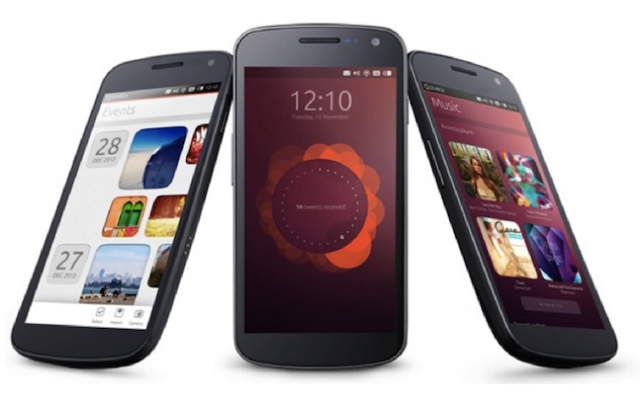
Canonical is focusing down its efforts for official support, and is dropping the Galaxy Nexus, Nexus 7 (2012), and Nexus 10 from the official support list. This means that the only devices Canonical will be working on are the Nexus 4 and Nexus 7 (2013). Of course, the community will likely pick up the slack on the rest; and, Canonical has not left those devices out completely, simply saying that they won't be part of the current release cycle aiming at April 2014 (and Ubuntu 14.04), although work on supporting the Nexus 5 could start as soon as the end of January.
Canonical said in today's Ubuntu Phone mailing that the issue is that all of the work so far has been focused on the Android 4.3 enablement stack, and to "reinvest" in all of the Nexus devices with the new Android 4.4 enablement stack would be "too high" a cost right now. Instead, the team will be focused on optimizing the platform for use on the Nexus 4 and Nexus 7 (2013), as well as building ARM and x86 emulators this month.
Source: OMG! Ubuntu!







